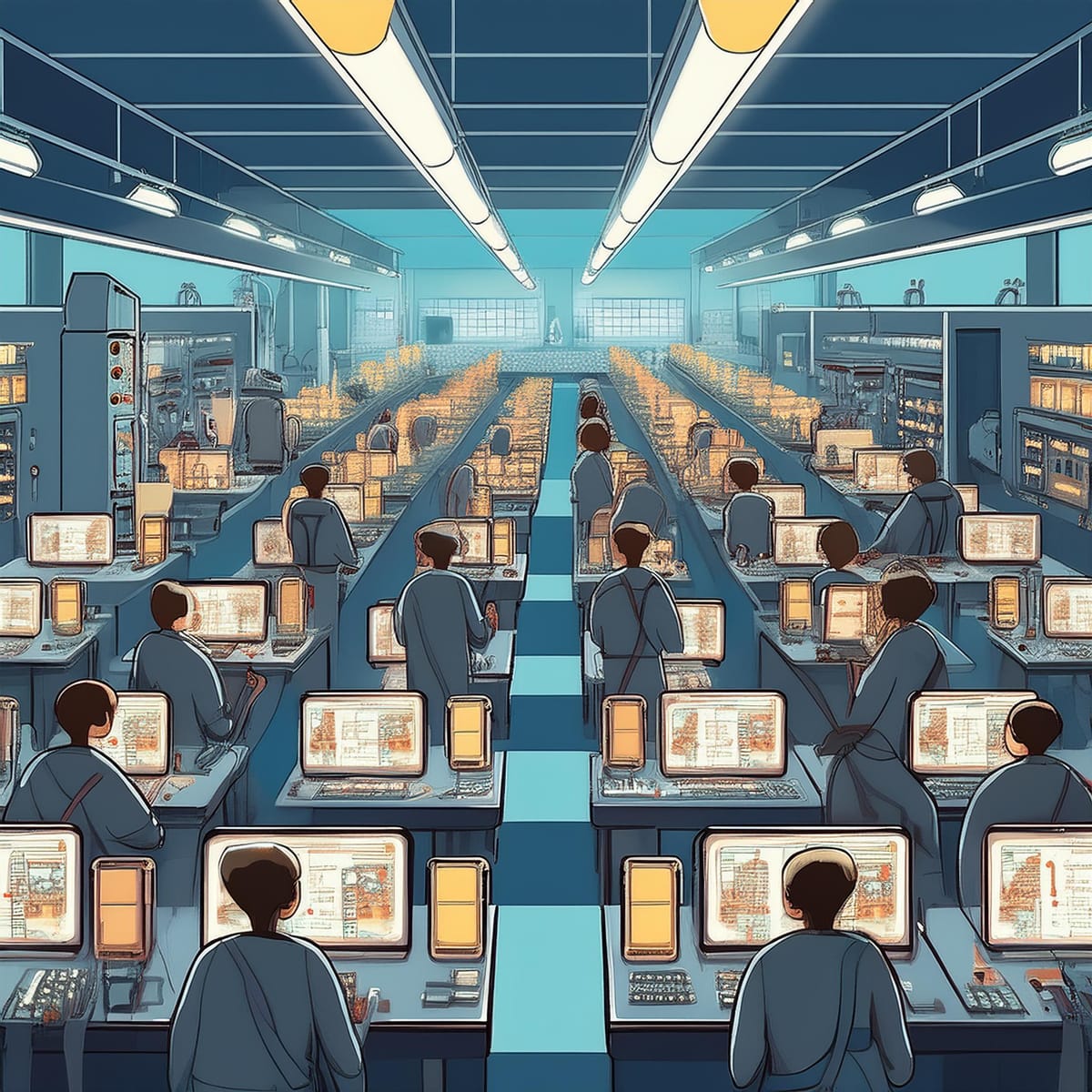The importance of making it harder to create content

Intro
While the rise of the internet has brought about a great democratization of content creation, it has also overwhelmed us with a flood of low-quality content.
Blogger and Wordpress made online publishing easier, then tumblr took things a step further. Facebook allowed you to share images more easily, than instagram came out and made it ten times easier with all its filters. Youtube offered an easier way to publish videos online, but then TikTok took over by making the process even faster and easier.
This arc of new tools coming out, and then seemingly getting easier to use is very closely followed by a decline in content quality, eventually leading to unusable or low-value content.
The problem
The issue is that as things get easier to do and more popular, the quality of the content on average tends to decline. The culprits largely being people who game these systems for personal gain, as well as algorithms that consume increasingly more content and value engagement above all else. Sometimes the people own the platforms are also to blame, as they think they need to optimize for volume of content first.
The biggest example of this is Google. Over time “SEO experts” create content that ranked well and wasn’t super useful to humans. Garbage content farms took over. The user experience of doing a google search today is no where near the magic people felt 15-20 years ago.
Another example is content creation on Facebook / instagram - when these communities first started out the barrier to entry for posting content was quite high. People weren’t comfortable posting, people didn’t have access to photography equipment. Over time as the cameras on phones got better, the effort required to produced content dropped, the number of content creators increased and the quality dropped substantially.
The Solution
So what’s the answer to this problem? I think a big one is re-introducing barriers or friction. If it takes a lot of effort to create the content, the spammers and optimizers tend to avoid this channel. If there’s friction, only people who are really motivated or passionate will create content.
While google search has been a race to the bottom in terms of quality content, YouTube seems to have bucked this trend the last 10 years. Video production is a pain, it’s a new hurdle that optimizers and spammers really need to want to get over to create a larger amount of content. The format, video, in and of itself is a deterrent. On top of that, bad video content is much more easily recognizable and people on YouTube downvote it. I personally turn to YouTube search now before I turn to google search because I’m more likely to find high quality answers to my questions.
Another example in a different category are social communities that self police and introduce friction into the publishing process. On Reddit, the concept of the upvote polices the content, and you cant make it to the top unless you get supported by a large part of the community. This same mechanism applies in other communities like niche online forums, and as a result they remain enclaves of high(er) quality content. I turn to Reddit for my searches more these days, than I do to a google search. It’s also clear to me that Google knows this, as I’ve seen Reddit begin to dominate google search results more and more lately.
While both of these sites introduced barriers to content creation and became enclaves of higher quality content while the rest of the internet raced to the bottom, this does not mean that Youtube and Reddit are immune forever. Both sites are constantly under attack from new creative forms of spam, mass content creation, bots, and other bad actors.
Conclusion
Re-introducing barriers to entry can be a counter force to the plummeting content creation costs and quality of content in any of its disciplines (audio, video, photo, etc). Put the bar high enough and the volume will drop, and the quality will go backup up.
As AI becomes the next big thing, it will further drop the barriers to many forms of content creation, we should also be thinking about how AI can be used to raise those barriers and create more friction. What type of screening can AI do? Can AI police communities and downvote content before it ever gets to the members? Can AI recognize bulk created spam YouTube videos and remove those?